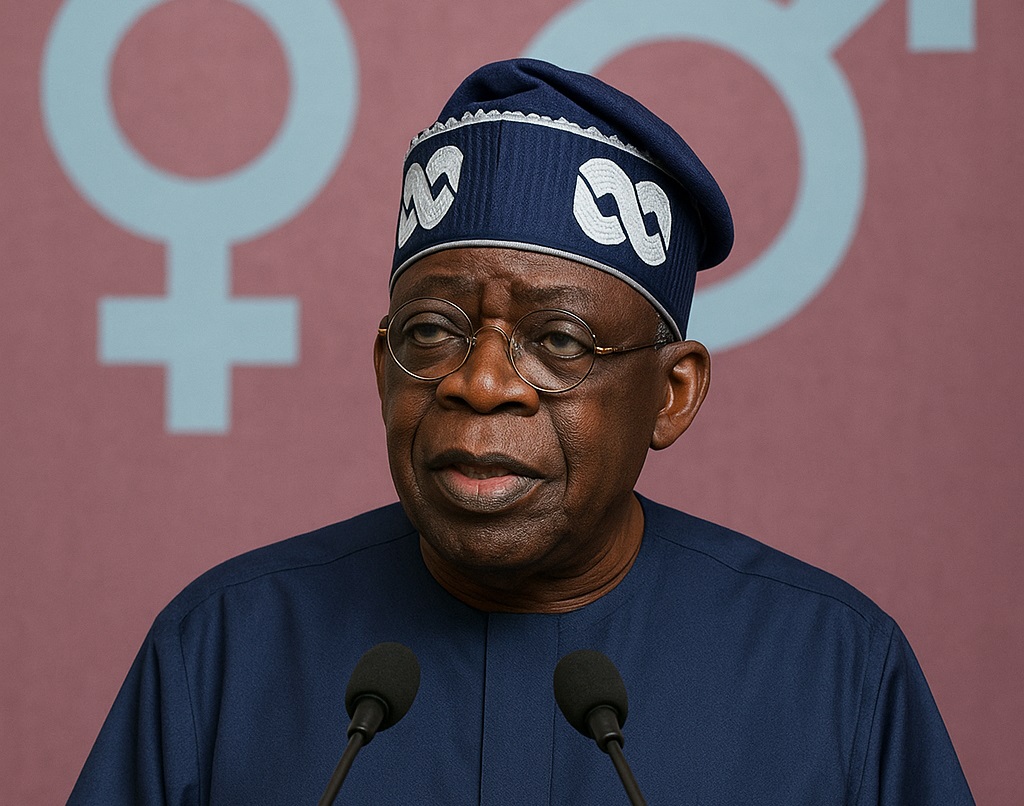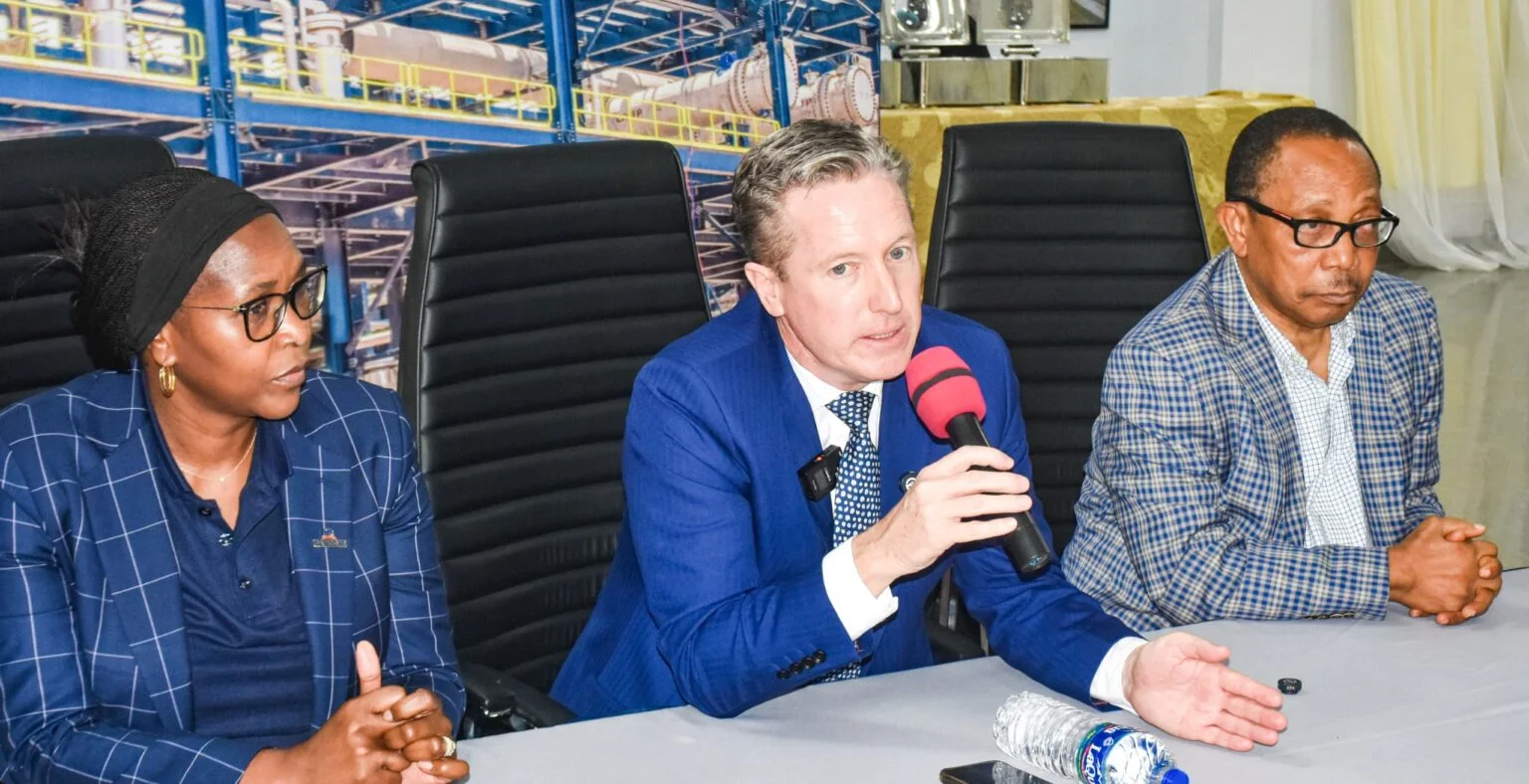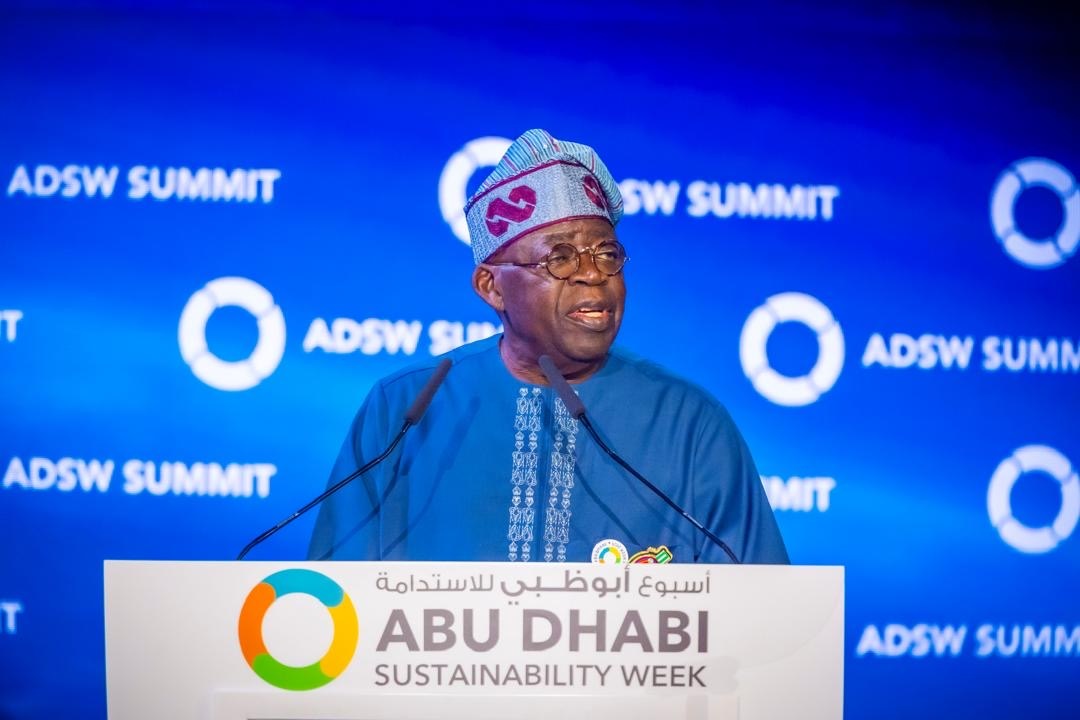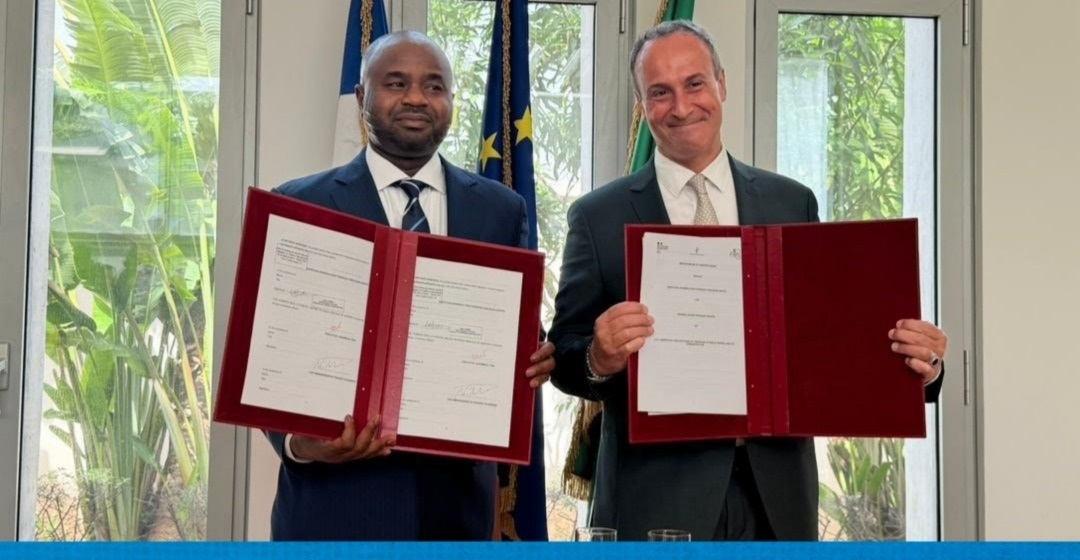President Bola Ahmed Tinubu has requested the approval of the National Assembly to borrow ₦1.15 trillion from the domestic debt market to help finance the deficit in the 2025 federal budget.
At the same time, the Debt Management Office (DMO) is preparing to raise $2.3 billion from the international capital market this week in what will be Nigeria’s first Eurobond issuance since December 2024, testing investor confidence in the administration’s reform agenda amid renewed geopolitical uncertainty.
The President’s borrowing request was contained in a letter read by Senate President Godswill Akpabio during plenary on Tuesday. According to the letter, the proposed loan is intended to bridge funding gaps and ensure the full implementation of government programmes and projects under the 2025 fiscal plan.
Following the letter’s presentation, the Senate referred the request to its Committee on Local and Foreign Debt for detailed legislative consideration. The committee is expected to report back within one week.
Meanwhile, the DMO’s planned Eurobond sale comes at a sensitive time, as global investors weigh the political and economic implications of United States President Donald Trump’s recent threat to send troops to Nigeria over alleged religious persecution.
Last month, the National Assembly granted the Tinubu administration approval to raise $2.3 billion in Eurobonds alongside a $500 million sovereign Sukuk, as part of a financing strategy designed to support the 2025 Appropriation Act, refinance maturing obligations, and diversify Nigeria’s debt instruments.
According to sources cited by Bloomberg, the DMO is proceeding with plans to issue 10-year bonds, as well as 15- or 30-year longer-dated notes, subject to final clearance from the Ministry of Justice. The offering will mark Nigeria’s first appearance on the Eurobond market since it raised $2.2 billion in December 2024, a sale that was oversubscribed sevenfold, reflecting strong demand for Nigerian risk assets at the time.
DMO Director-General Patience Oniha said the borrowing aligns with the government’s 2025 financing strategy and is aimed at refinancing a $1.12 billion Eurobond maturing on 21 November. “The $2.3 billion borrowing is essential to bridge funding gaps in the 2025 budget and ensure the sustainability of our debt profile,” Oniha said last month.
The transaction will be jointly managed by Chapel Hill Denham, JPMorgan Chase & Co., Standard Chartered Plc, Citigroup Inc., and Goldman Sachs Group Inc., while FSDH Merchant Bank Ltd. serves as financial adviser to the federal government.
In a previous communication to lawmakers, President Tinubu defended the borrowing plan, describing it as vital to stabilising Nigeria’s fiscal outlook. “Refinancing through Eurobonds or syndicated loans will guarantee debt sustainability and boost investor confidence,” he said, adding that such measures were “standard practice in international debt markets.”
Nigeria joins several African peers — including Kenya and Angola — returning to the global capital markets amid easing U.S. interest rates. According to JPMorgan Chase & Co., average spreads on African sovereign bonds have fallen by nearly half since April, to about 367 basis points, signalling renewed investor appetite for emerging-market debt.
Since assuming office in May 2023, Tinubu has implemented sweeping economic reforms, including the removal of fuel subsidies, foreign exchange market liberalisation, and tax reforms aimed at boosting fiscal revenues. The reforms have been well received by investors, with Moody’s Ratings upgrading Nigeria’s credit outlook to B3 from Caa1 earlier this year, citing “significant improvements in the country’s external balance and fiscal position.”
The government is also expanding its footprint in Islamic finance, with plans to issue a $500 million international Sukuk — Nigeria’s first — following the success of its domestic Sukuk programme, which has raised ₦1.39 trillion since 2017 for key infrastructure projects, especially in road construction.





